The views expressed in our content reflect individual perspectives and do not represent the authoritative views of the Baha'i Faith.
When Sojourner Truth said “Ain’t I a woman?” in 1851 at a Women’s Rights Convention in Akron, Ohio, she articulated a conundrum that faced — and still faces — women of African descent when reflecting the equality of women and men.
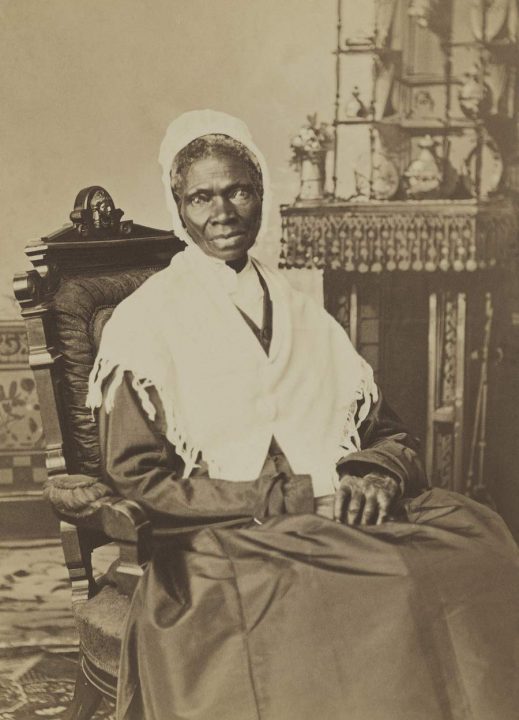
Her words echoed a slogan of an 18th century anti-slavery campaign in Britain — “Am I not a woman and a sister?” — which was visually depicted by a kneeling, black woman with upraised, chained hands entreating a white woman figure symbolizing Justice leaning towards her. At the time, although all women were 99.9% biologically the same, a vicious, pernicious inequality existed between black, Indigenous and white women on the basis of skin color. The Woman’s Suffragette Movement had its roots in the social activism of anti-slavery, abolitionist white women of the 18th and 19th centuries, and it was primarily those white women who sought the right to vote and participate fully in American society (in the United States, full voting rights for women and men of African descent were not legislated until the Voting Rights Act of 1965).
Born into slavery in New York State, Sojourner Truth was emancipated in 1827. Although illiterate, she became a famous anti-slavery speaker. In Akron, she spoke to a well-educated, mostly white female audience. While Sojourner Truth was “fluent” by ear in the Bible, in 1851 her lack of a formal education was sadly typical for the vast majority of women of her race — at the time it was illegal to teach enslaved people how to read and write. Her 19th century message of gender and racial equality was prescient. By challenging those of her gender to eliminate slavery, Sojourner Truth also raised the call to end oppression of black women as equivalent to her eloquent assertion of the rights of all women.
Interestingly enough, during the same century, Baha’u’llah, the Prophet-Founder of the Baha’i Faith, announced the equality of women and men and the elimination of all forms of prejudice as fundamental principles of the Baha’i Faith.
His eldest son, Abdu’l Baha wrote that “among the teachings of Baha’u’llah is the equality of women and men. The world of humanity has two wings – one is women and the other men. Not until both wings are equally developed can the bird fly. Should one wing remain weak, flight is impossible.” (Abdu’l Baha, Selections from the Writings of Abdu’l-Baha). In addition, he wrote that “Not until the world of women becomes equal to the world of men in the acquisition of virtue and perfections, can success and prosperity be attained as they ought to be.”
Today, how can equality between women and men be achieved when, by custom, practice, and by design, all women are not given an equal opportunity to acquire “virtues and perfections” — one of which is education? The Baha’i Faith asserts that education is a right of all human beings. It is the lack of education for women where the inequality between women and men is most pronounced. All women do not have equal rights to education.
From a global perspective, more than two-thirds of the world’s nearly 800 million illiterate people are women. Only 39% of rural girls attend secondary school. Despite advances in technology, commerce, and trade since the 19th century, the lack of educational equality between women and men negatively impacts global advancement. The impact of global oppression and discrimination in education for black and indigenous women is even more dire.
At the time of Sojourner Truth’s speech, the notion that all white women were equal with men was anathema. Enslaved and free people of African descent — and all Indigenous peoples —were still barred from education by law, custom, and practice. At the time, societies all over the world traditionally and severely oppressed women, particularly women of color. Yet, in 19th century Persia (now known as Iran), Baha’u’llah stated that equality between women and men, as well as the elimination of all forms of prejudice, was essential for the peaceful advancement of the world.
This principle is profound: While both women and men must be educated, the Baha’i teachings state that humanity is essentially one family of a Divine Creator, and that prejudice against women undermines global peace and security. And, if a family has a boy and a girl and can only afford to educate one child, the girl should be educated first, as that child, if she becomes a mother, is the first teacher of subsequent children.
As a woman of African descent, the Baha’i concept of the primacy of education for women and girls deeply resonated with me. The very idea of eliminating inequalities along gender and racial lines in education was a radical notion in the 19th century. During my own continuing education in understanding the historic evils of chattel slavery and racial oppression, the centuries of worldwide violence against women and girls, and the unconscionable extremes of wealth and poverty which continues to plague our world, I also read and reflected on what the Baha’i Writings say about the “rational soul,” and about prejudice based on outward realities and the acquisition of knowledge:
“The rational soul has no gender or race, ethnicity or class, a fact that renders intolerable all forms of prejudice, not the least of which are those that prevent women from fulfilling their potential and engaging in various fields of endeavor shoulder to shoulder with men” and
“the root cause of prejudice is ignorance which can be erased through educational processes that make knowledge accessible to the entire human race.” —Universal House of Justice, March 2, 2013
In my current role as a mother of two grown sons and as a grandmother of two girls, the concept of a genderless, rational soul has helped me better understand this powerful, divine principle of the equality of women and men. To me, it is a transcendent, essential principle in promoting world peace and unity, in creating as the Bible promises, “the Kingdom of God on Earth.” Over 40 years ago, as a relatively new and childless Baha’i, I was profoundly moved and heartened when I read what Abdu’l Baha said about the connection between the equality of women and men and the foundations of war:
When all mankind shall receive the same opportunity of education and the equality of men and women be realized, the foundations of war will be utterly destroyed…equality between women and men is conducive to the abolition of warfare for the reason that women will never be willing to sanction it. Mothers will not give up their sons as sacrifices upon the battlefield after twenty years of anxiety and loving devotion in rearing them from infancy, no matter what cause they are called to defend. There is no doubt that when women obtain equality of rights, war will entirely cease among mankind. – Abdu’l Baha, Promulgation of Universal Peace
So, during Women’s History Month, as I contemplate the legacy of Sojourner Truth and her valiant effort to end the abomination of chattel slavery during her lifetime, I realize that it is critical for me to continue to support efforts to provide quality education for girls regardless of skin color, national origin, and class. In these efforts, I believe, yes, Sojourner, we are all indeed truly women and sisters, men and brothers.


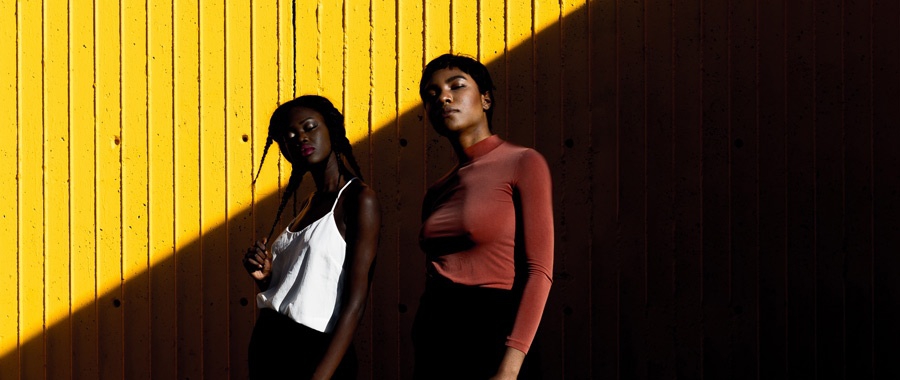
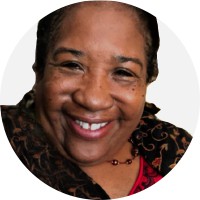
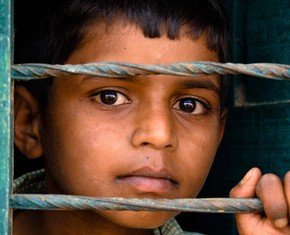
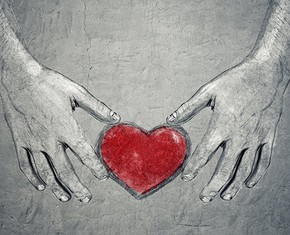










Comments
Sign in or create an account
Continue with Googleor